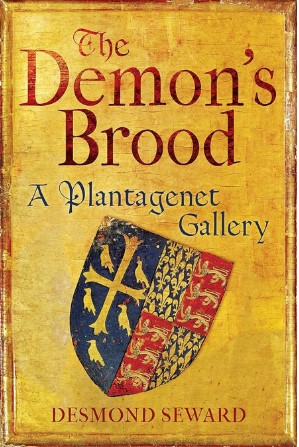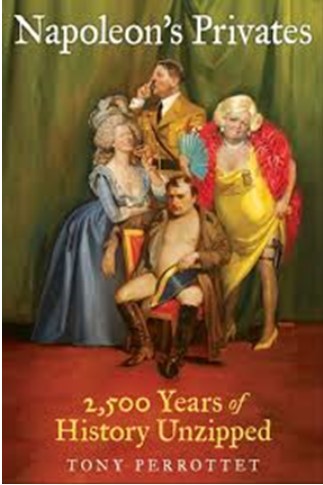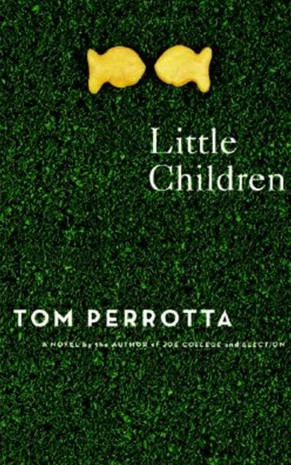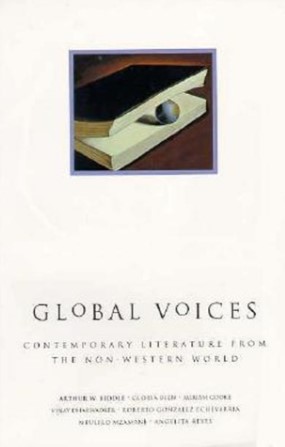
EFMER E. AGUSTIN is a BA Communication Arts graduate of University of the Philippines Visayas Tacloban and has earned his MA in Comparative Literature from University of the Philippines Diliman. He teaches literature and language at the Division of Humanities of University of the Philippines Tacloban. Mr. Agustin’s works have appeared in the journal Humanities Diliman and in anthologies such as Pinili: 15 Years of Lamiraw. He also contributed to the latest edition of the Cultural Center of the Philippines Encyclopedia on Philippine Arts.
Hi, EF! So how does it feel to be published in Philippine Genre Stories?
It feels great, of course. And it is interesting that my original story in a Philippine language appears in PGS because I am used to the online magazines publishing stories in English. I mean, my story in Binisaya Waray does have an English translation, but the original version is here, too. So, the excitement is on multiple levels, getting published is one level, getting published in my own language is another, plus more other levels of excitement. I also write stories that play with realities and possibilities, what may be called as fantasy or speculative writing, and being published in Philippine Genre Stories feels somehow like managing to do some things right.
Your story is the second bilingual publication of PGS so thank you for making that happen (the first was “The Magic Christmas Box” by M.R.R. Arcega, published in the print Christmas edition of PGS back in 2007, and whose translation to Tagalog is here)! 🙂 How did the idea for THE WOMAN WHO SLOUGHS come about?
I cannot remember exactly anymore, honestly. And, maybe, telling more about the story will spoil readers’ reading and reading experience of the work.
What I can say though is that it just came to me one day that instead of mentioning objects that traditionally mean something else, that are symbols, and instead of mentioning or hinting at what they mean, I thought it would be playful if I would make use only of the traits of the symbol, especially the literal characteristics of the actual objects. So, if “love” is like a “red rose”—thanks to Robert Burns—instead of mentioning either, I would focus, for instance, on the thorns or the petals of the flower and their specific traits.
And a few times, I’ve called friends, in jest, of course, as someone who is “naglulunó” or someone who sloughs when I meant they are like this kind of person. Then I developed the idea that I should just produce a story about people or a particular person who sloughs, with the full understanding that people will easily get what sloughing hints at and what that being hinted at generally means.
This story is only about one and probably the most stereotypical type of sloughing people. The meaning-making behind the sloughing person is pretty straightforward or obvious, very traditional, same with the narrative itself. It’s the storytelling that I think is mine.
What was the translation process for An Babaye nga Naglulunó like for you? What was easy and what was challenging?
The process was frankly speedy. And with that I mean it was rushed. Ha! Ha! Ha! I learned of the PGS deadline pretty close to the date, so I had to dash for it. Ha! Ha! Ha!
Well, more seriously though, the translation process was interesting, but I am not that surprised. I do a lot of translations for different types of texts, from more legalistic language to technical ones, even to medical ones, and to literary and poetic ones. I am also glad that while it was true that I had to beat the submission deadline in a very limited time, the original Binisaya rather worked with me. Many words and phrases that are distinctly Waray did not make things too difficult for me and that I was able to find English “approximates” for them.
So yes, as always, capturing the being of the original work posed some challenge. Translators and translating, I believe, inevitably face that challenge of faithfully transferring the thoughts, feelings, and all connotations from the original language to another. I most certainly came face-to-face with that for the translation of “An Babaye nga Naglulunó.”
But like I said, the work probably understood my time limitation so it decided to cooperate more with me. And most likely, my being from the cultural setting of the story, aside from my being the author of the Binisaya original, aided me in rendering the world of the story from the local language into English. That rendering was not entirely easy, I may say, but it was, at least, easier than I thought it would be.
And what’s the next writing project that you’re working on?
Oh dear! I am often writing school stuff, course instructions, project proposals, letters of requests… Oh! The creative stuff… Well, I should really be writing stories for, generally, simply writing stories. Many stories remain in my head, for years, and they should already be born into paper.
But, you know, life and the world often intervene so that these stories are always the next writing project for me. But most certainly, I hope these stories do find their way into paper very soon and, hopefully, into publication, too.
“An Babaye nga Naglulunó” was, for a long time, one of these “always” next project for me, and now it is here in PGS. So, hope remains for all these stories in my head, in different languages, too.
One big project I so hope I could successfully finish (soon) is the creation of a novel in Binisaya Waray. I already have the story itself, again, in my head, full from start to finish, and I already started writing the first chapters. I hope I can get that done and published.
Something to look forward to reading in the near future then! And what are you currently reading? It’s for what kind of readers? Please tell us more about it.
As of the moment, I don’t really have the luxury for leisure reading. And when I read now, it is mostly for academic purposes. Anyway, I am still in the middle of reading the book The Demon’s Brood by Desmond Seward which is about the Plantagenets. I am really into history, which may also be gleaned from one of the books I most recently finished, which is Napoleon’s Privates: 2500 Years of History Unzipped by Tony Perrottet. The fictional novel I finished reading most recently was Little Children by Tom Perrotta. And I truly enjoy anthologies of short stories, such as the Global Voices: Contemporary Literature from the Non-Western World, edited by Arthur Biddle.




Thank you for sharing your recent reading list! And in Philippine Genre Stories, which among the published stories do you like the most so far? Why?
Well, speaking of history, the story “Nardo” by Vince Torres caught my interest, interweaving history, legend, and could-have-beens. Like I said earlier, I like (making) stories that play with realities and possibilities.
“The Ones Who Linger” by Celestine Trinidad, too, as stories about different dimensions of the world and what may live in them appeal to me a lot.
Got any tips for the aspiring storytellers out there?
Hmmm… Probably two things, generally.
One, just write and write and write (including, edit and edit and edit).
Two, read and read and read. Reading teaches, and what you learn from what you read you can use to produce your own writing.
Lastly, could you also please share with us your top 3 translation tips?
Oh! First—and these ideas are presented not in the order of relevance but more of how they arrived first in my head—is to be fluent, or at least a good working knowledge of the language of the source material as well as the destination language of the translation. This may also include sensitivity to cultures the languages entail.
Second, be conscious of the level of language and aims of the original text so you could replicate the same in the target language.
Third, practice, they say, makes perfect. Translation may not always be perfect, if at all, but at least being closest to the original is an aim one could strive for.
Thank you again, EF, and it’s really great to have your stories in PGS 2024!
Thank you, too. And thank you for taking interest in my story. It is truly an honor to be part of PGS!
